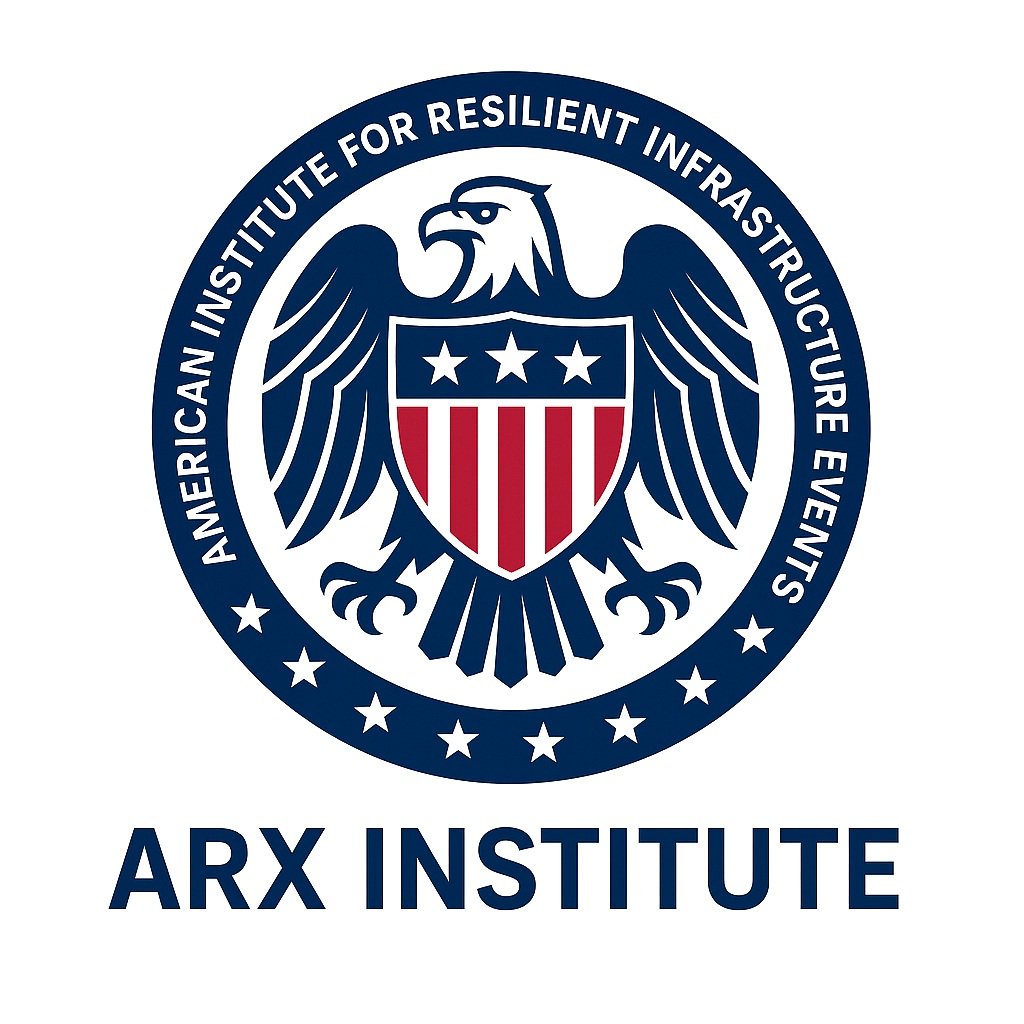ARX Institute® intends to deliver highly specialized services focused on thoroughly assessing and significantly enhancing the resilience of critical infrastructure against a wide range of extreme events. Through future strategic and collaborative partnerships with leading U.S. and international universities, federal agencies, and research institutions, the initiative plans to develop comprehensive multi-hazard risk assessments, advance and test innovative structural and geotechnical solutions, and integrate geological expertise into tailored resilience strategies.
The initiative is projected to maintain a strong commitment to knowledge dissemination across professional communities, key stakeholders, and vulnerable populations through future outreach programs, technical publications, and educational activities.
Our Goals, Our Culture
Multi-Hazard Risk Assessment for Critical Infrastructure
We will conduct comprehensive assessments of infrastructure exposed to multiple hazards, including hurricanes, floods, wildfires, and landslides. Our approach integrates geotechnical and geological investigations to evaluate terrain instability, subsurface conditions, and soil behavior under extreme loading scenarios. We develop threat and risk models that help public and private sectors make evidence-based decisions for resilient infrastructure planning.
Advanced Materials and Structural Resilience Testing
We will lead the development and testing of innovative materials and structural systems that enhance infrastructure resilience. Our work includes performance evaluation under extreme environmental conditions, material aging, and degradation. Additionally, we incorporate geotechnical considerations—such as soil-structure interaction and ground response—to better understand how advanced materials behave when integrated into critical infrastructure subjected to natural hazards.
Data-Driven Decision Support Systems
We will design and implement GIS-integrated platforms, dashboards, and simulation tools to support authorities in emergency planning, infrastructure investment, and climate adaptation. These systems allow real-time analysis and scenario testing for better risk-informed decision-making.




